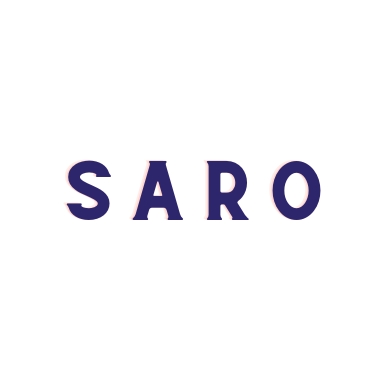5 tax tips every micro-enterprise should know
Tax planning is a critical component of financial strategy for any business, including micro-enterprises. Effective tax planning can help minimize liabilities, enhance cash flow, and ensure compliance with tax laws, ultimately contributing to the financial health and sustainability of your business.
Micro-enterprises are small business entities, often with fewer employees and lower turnover than larger companies. They play a significant role in the economy, and understanding tax obligations is essential for their success.
Tip 1: Keep Accurate and Organized Financial Records
Accurate record keeping is the foundation of sound tax planning. It ensures that all financial transactions are accounted for, which is crucial when it comes to filing taxes and supporting claims for deductions.
Implementing a reliable accounting system, regularly updating financial records, and keeping receipts and invoices are some of the best practices micro-enterprises should adopt to maintain organized financial records.
Tip 2: Understand and Utilize Tax Deductions
Micro-enterprises can take advantage of various tax deductions, such as those for home office expenses, supplies, and equipment. Knowing which deductions apply to your business can significantly reduce your tax burden.
It's important to claim only legitimate deductions and to have the documentation to back them up. Staying within the guidelines while maximizing deductions is key to avoiding audits and penalties.
Tip 3: Consider the Timing of Income and Expenses
Deferring income to the next tax year can be a strategic move for micro-enterprises looking to manage their tax liabilities. This may involve timing the invoicing of clients or the sale of assets.
Conversely, accelerating expenses into the current tax year can also be beneficial. Making purchases or prepaying expenses before year-end can reduce taxable income.
Tip 4: Stay Informed About Tax Law Changes
Tax laws are constantly evolving, and staying informed about changes is crucial for micro-enterprises. This knowledge can impact tax planning strategies and compliance.
Adapting to new tax laws may require adjustments to business practices. Micro-enterprises should be prepared to modify their tax strategies in response to legislative changes.
Tip 5: Seek Professional Tax Advice
There are times when the complexity of tax matters warrants professional advice. This is especially true for micro-enterprises that may not have in-house tax expertise.
Engaging with a tax professional can provide peace of mind, ensure compliance, and often result in tax savings. Professionals can offer personalized advice tailored to the unique needs of your micro-enterprise.






Comments (0)